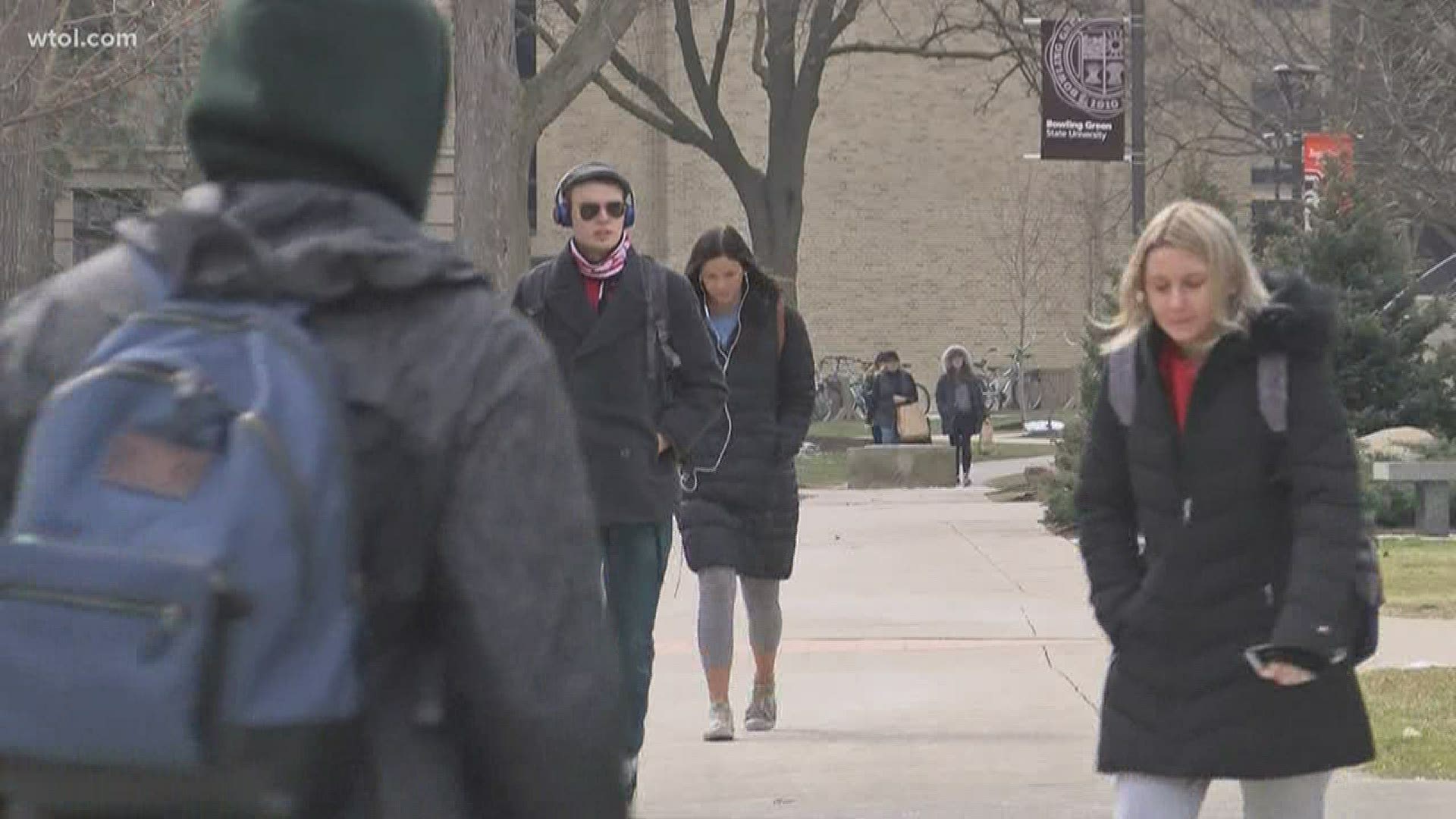BOWLING GREEN, Ohio — Researchers at Bowling Green State University recently received a $200,000 grant from the National Science Foundation to fund a study to find chemical tools that would prevent the coronavirus from infecting humans.
"This project not only trying to find a chemical way to prevent the infection but also one to understand more of the biology of this virus," Assistant Professor of Chemistry at BGSU, Dr. Xiaohong Tan said.
Research and funding on the project officially begins May 1 and will last a year. The doctors said it's important to note this research is not a vaccine, rather an alternative.
The reason behind that is because there are different ways to tackle this pandemic and virus. Developing a vaccine is one, finding a mutant of the virus that doesn't harm people but creates antibodies to fight it off is another way, or what the professors are doing.
"It's not a real antibody, it can be made very quickly. There are machines set up to just streamline this process and also very cheaply. So it's cost-effective, it's fast and now we have to find out how effective it will be," Center for Photochemical Sciences Director, Dr. Malcolm Forbes said.
To give some perspective, Tan said they can optimize and synthesize the props to easily replicate the sequence by a half day. Real antibody generation takes several weeks because the person has to recover.
"The caveat here is we don't know which chemical antibody will work, so we have to make a lot of them and test them. So there's a lot of through-put that's going to take place in the first three or four months," Forbes said.
You can read more about their research and how it works here.

